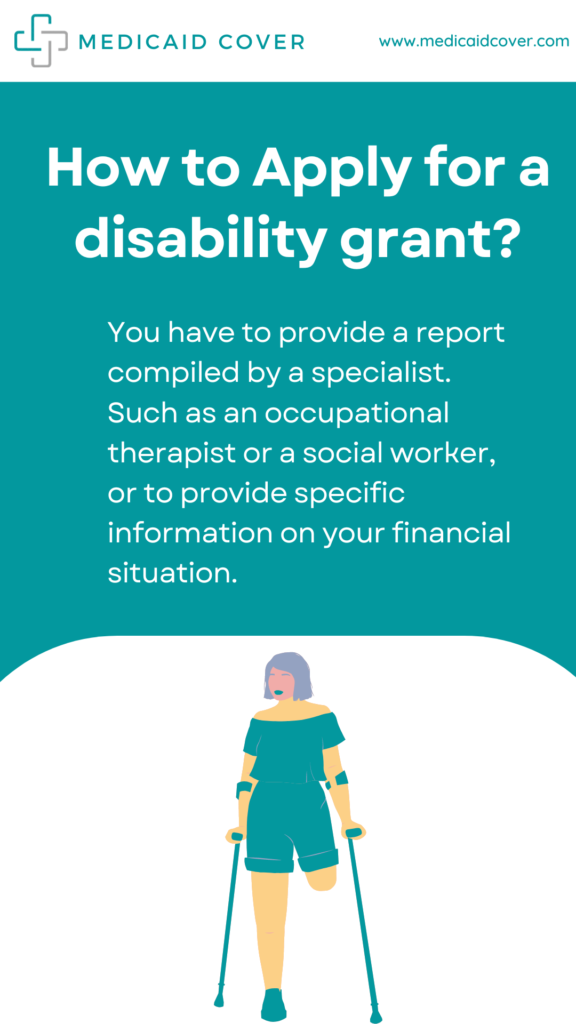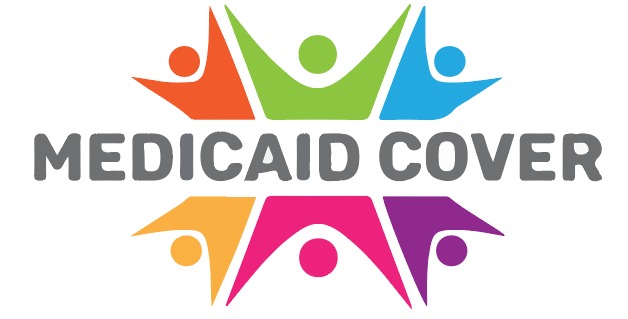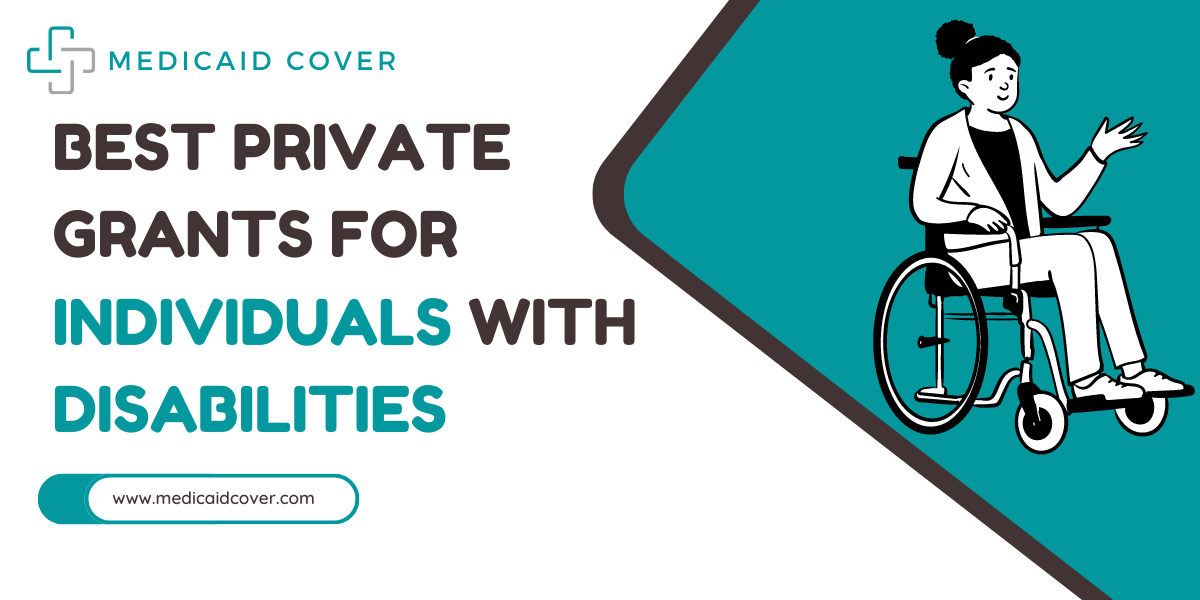Individuals with disabilities can sometimes struggle to find the funds they need to afford the equipment, supplies and services that will help them to live as comfortably as possible. You can check here different types of Private Grants For Individuals With Disabilities.
Fortunately, there are private grants for individuals with disabilities available from various sources, including foundations, organizations and individuals who understand the value of being able to take care of one’s self without relying on the government or other funding sources.
If you’re an individual with disabilities who needs extra funds on a regular basis, look into the options in this guide to private grants for individuals with disabilities.
Read Also: Does Medicaid cover hearing aids?
Disability Grants For Individuals
Individual grants for disabled are available, but they are not always easy to find. With the number of different organizations and associations offering private grants, it can be difficult to find the one that’s right for you.
Being disabled can make applying for grants more difficult than it would be if you were not disabled. Luckily, there are nonprofit organizations and government agencies that provide grants specifically for people with disabilities.
People Also Look for: How to find $99 Dentures in a day near me?
The following steps will help you navigate this process and find a grant that’s perfect for disabled :-
- Contact your State Vocational Rehabilitation (VR) Director or local Independent Living Center (ILC). These agencies offer individualized services, including job placement and assistive technology resources.
- Review your state’s resources. If you live in a state that has a specific grant program for disabled individuals, these grants are typically managed through VR offices and ILCs.
These programs can provide information about other local or national organizations that offer individual grants for disabled individuals as well.
- Look into national programs. Some private organizations, such as Easter Seals and Goodwill, offer individual grants for disabled on a national level.
Although their offerings are not specific to any one state or city, these organizations may be able to help you find additional support networks in your area.
How To Find Private Grants?
Personal grants for disabled individuals can be hard to find, but fortunately, there are a number of organizations that offer them.
Here are some resources where you might find funding :-
- The National Organization on Disability offers both project and general program grants, which provide funding ranging from $2,000-50,000.
- The McKnight Brain Institute provides funding in the form of scholarships or fellowships up to $5,000 each.
- The Christopher and Dana Reeve Foundation focus on funding research that can improve quality of life. Awards typically range from $10,000-100,000 per year and applicants must meet certain requirements.
- The Eunice Kennedy Shriver National Institute of Child Health and Human Development provides funding in three categories: postdoctoral fellowships, research training grants, and small grants.
They give out awards ranging from $10,000-40,000 and have an average time frame of 9 months.
- The National Center on Birth Defects and Developmental Disability provides funding in two major categories: short-term training opportunities and grants. They give out awards ranging from $1,000-$50,000 each year.
Applying For Private Grants For Individual With Disabilities
Grants for disabled people can be found by looking in the phone book or by going to the internet.

Sometimes these grants can be found on websites related to government programs such as Medicaid, Medicare, Social Security Disability Insurance (SSDI), and unemployment compensation. Grants can also come from private organizations and religious groups.
In order to qualify for Social Security benefits, applicants must demonstrate that they have a disability that prevents them from working full-time.
This can make it difficult to find additional funding to assist with medical expenses and other essential items, since Social Security only covers basic needs, and private insurance isn’t always widely available or affordable to everyone.
Some ways on how you can apply for private grants as an individual with disabilities that will allow you to get the extra money you need to live comfortably in your day-to-day life.
The first step in applying for a private grant is to contact each organization that you are considering and ask them what their requirements are. Most will have forms that you can download and fill out.
To find government grants, you can go to a public library and look in local phone books. You can also go online and type grants into a search engine. There are hundreds of websites that offer grants.
Be careful when looking at these sites though because not all of them are legitimate. In fact, there are some scams out there that will charge you money just to find information on how to apply for grants.
Recommendations For Individuals With Disabilities When Writing Personal Grants
- Government grants for individuals with disabilities are usually reserved for those who have a low income and either has a disability or care for someone who has one.
- Medical grants for the disabled, in particular, can be helpful if you’re looking to help pay out-of-pocket medical bills.
- Although some government grants are only available to specific groups like veterans, there are also individualized options that apply equally to everyone.
- These grants can help pay out-of-pocket medical expenses or even fund special vehicles that will accommodate a disability.
Some scholarships are also available specifically for individuals with disabilities. Because of their nature, these can often be applied to education-related costs, like student loans and tuition.
Finding The Right Grant Opportunity
There are a number of grants available for adults with disabilities. Not every grant is right for everyone, and it’s important to understand the terms of each grant before applying.
Here are a few different types of grants that you might want to consider :-
-
Agency Grants
These can be either federal or state grants. They are often awarded by agencies like the Department of Education or the Department of Health and Human Services.
You will need to contact these agencies directly in order to see if you qualify for any grant opportunities.
-
Individual Grants
These grants are from private sources such as churches, civic groups, family members or individuals who have a personal connection with your disability.
You will need to contact these individual entities directly in order to see if they have any grant opportunities that could help you out financially.
In general, many organizations prefer to make donations rather than grants because they feel that people need more direct assistance than what comes with a grant.
-
Grants For Healthcare Needs
Grants specifically designed to cover medical expenses are hard to come by because healthcare expenses may vary wildly depending on what medical needs an individual has. That being said, some foundations offer grants for medications and dental care.
Are There Any Other Resources Available?
These private grants are also given out by corporations and organizations. There are many ways to find these grants, including checking your local library and applying online.
Most programs have a set of guidelines that you must meet in order to be eligible. Grants for adults with disabilities can come from both public and private sources.
You can contact your local library and ask about their database of resources.
Many libraries have online databases or even physical books that list all available grants for people with disabilities. The top grants will usually be listed on these databases, along with information about what kind of funding is being offered, who is eligible, and why you should apply.
Some databases also include success stories from people who have applied for and won a grant from a private organization or corporation in your area.
Since the number of grants that are available exclusively to disabled people has been dropping each year, it can feel like an uphill battle to find opportunities to fund disability-related projects.
However, there are still plenty of options if you know where to look—and many don’t require you to have a medical condition at all!
Check The Eligibility Criteria
There are government grants for individual with disabilities available for those who qualify. To be eligible, the person needs to :-
- Have a physical, mental, or intellectual disability that results in substantial and one of more of these major life activities: communication, caring for oneself, working at a job or business? This is according to the U.S. Department of Health and Human Services.
- Be a U.S. citizen or national, lawful permanent resident (green card holder), refugee, asylee; or applicant on parole status;
- Not be incarcerated (in prison), and not have been discharged from the military under dishonorable conditions;
- Apply with an authorized representative if they cannot complete and sign the application because they lack the capacity or ability to do so.
- Not be a drug abuser or addict (this is determined by criteria listed in regulations); and
- Appear to need and want help with daily living activities like dressing themselves, bathing themselves, feeding themselves, using the toilet independently, etc.
Grant Scams To Avoid
Grant scams are common because they prey on people who are desperate and in need. Be wary of any grant scam that asks you to pay money upfront.
For example, grants should never require an application fee or any other upfront cost. If you come across a grant that requires upfront costs, it is likely a scam.
Remember that you are dealing with companies and organizations, so it’s better to be safe than sorry. If you’re not sure about a grant, conduct research before applying or ask for additional information about them. When in doubt, don’t send any personal information or money—it’s better just to be safe.
If Your Dental Insurance Does Not Cover The Implant, What Should You Do?
Dental implants are the gold standard when it comes to replacing missing teeth. They last forever and look, feel, and function just like natural teeth.
But the cost of getting dental implants can be prohibitively expensive for many Americans, who may not have dental insurance or may have limited coverage.
Even if you do have insurance, there’s often a limit on how much your insurance company will cover, forcing many patients to pay thousands of dollars out of pocket to complete their implant treatment plan and get the smile they deserve.
If you need dental implants, but your insurance will not cover them, grant programs may be your solution to getting this dental procedure at no cost.
Dental implants can replace missing teeth and improve the health of your jawbone by stimulating bone growth, but they can cost thousands of dollars—even with insurance coverage.
However, there are grant programs that offer free dental implants if you qualify under their requirements, making dental implants more affordable than ever before!
Medical Grants For Disabled
There are a number of private grants available that are reserved for people who have disabilities. Not only will these grants help you pay your medical bills, they will also help you live a better life.
For example, there are grants that can provide adaptive equipment and mobility devices. These items can make your life easier and more enjoyable.
You may also qualify for grants that offer financial assistance in the form of money or vouchers that can be used towards your living expenses such as rent, food, and transportation.
If you want to learn more about private grants for adults with disabilities, contact your local social service agency. They can also help you find other types of financial assistance such as government-funded services and non-profit programs.
Private grant programs like these do not have strict eligibility requirements or criteria, so they are much easier to access than other types of aid.
Additionally, most require no paperwork on behalf of the recipient making them even simpler to obtain. The best part is many of them don’t come with any sort of income restrictions meaning anyone can apply regardless if their income level is too high or too low.
Many medical grants for disabled individuals take into account how severe one’s disability is which means those who need more expensive and elaborate care will typically get more funding.
Frequently Asked Questions
What are the different types of private grants?
There are many different types of private grants available today, but they can be broken down into two categories: public and private.
What does it mean when someone says that a grant is public or private?
A public grant is one that is funded by government agencies such as the Department of Education or a local school district.
Private grants come from individuals, companies, or other organizations. One way you can tell if an organization is a private organization is if it uses words like foundation or sponsor in its name.
Why do I need to know whether my grant is public or private?
Public grants will have specific rules about who can apply for them. For example, students may only be eligible to apply if they meet certain criteria.
How much money can I expect to get from a private grant?
A lot depends on the type of grant and how much funding is available. But generally speaking, most individual grants range between $1000-$10,000 per year.
How do I apply for grants for adults with disabilities?
When looking for private grants for adults with disabilities, there are a number of things to keep in mind.
First, your disability must not prevent you from completing the work required by the grant.
Second, some grants require a criminal background check and proof of citizenship before they award funds. For more information on Medicaid just visit the official website Medicaid Cover.

